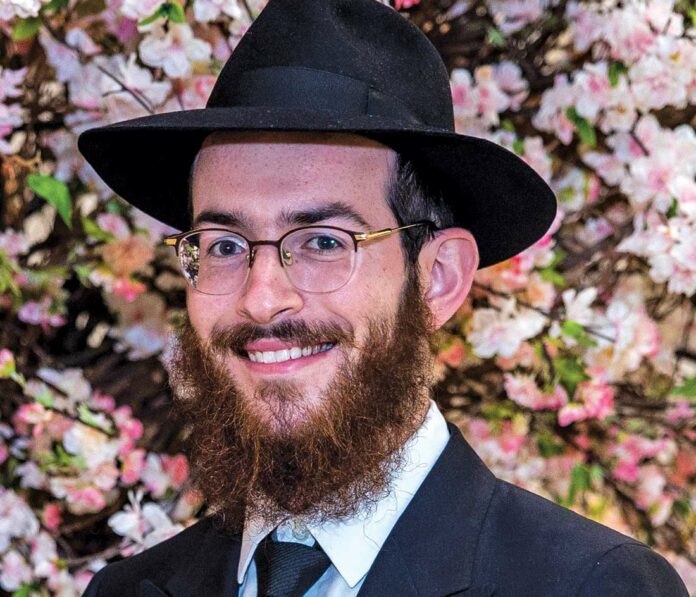Recently, Chabad of South County Women’s Circle hosted a pre-Thanksgiving event titled, “Give Thanks by Giving Back.” We gathered to make fleece blankets and care packages to donate to Rebekah Children’s Services. I was heartened and touched by the tremendous response from our community towards this initiative. People messaged me, offering donations of toiletries and personal hygiene items and other goods to include in the packages. Others offered to go shopping for whatever we still needed for the care packages, while others offered to donate funds to cover the expenses.
South County is a generous, caring place, and I’m proud to be part of it.
But it also got me thinking: those who are on the giving end this Thanksgiving season probably feel they have much to be thankful for—after all, their situation in life is such that they have a surplus they can share with others. But what about those less fortunate—the people who will be on the receiving end, how thankful can they really be?
The truth is we all have challenges at times in our life that we certainly are not thankful for! How can we remain optimistic and grateful even when things are not going our way?
There’s a story in the Talmud that sheds some light on this. It happened that Rabbi Akiva—a leading sage who lived during the time of the Roman conquest of ancient Israel—was traveling and stopped in a town, seeking a place to rest for the night. He knocked on door after door, but each resident turned him away. Instead of feeling dejected, he said, “Everything G‑d does is for the good.”
Left with no alternative, he made his way into a nearby forest, accompanied by his donkey, which carried his baggage; a rooster to wake him early in the morning; and a lamp with which to study deep into the night. But a gust of wind extinguished his lamp, a wildcat came and ate his rooster, and a mountain lion came and devoured his donkey. Again, Rabbi Akiva simply said, “Everything G‑d does is for the good.”
Dawn revealed a horrifying sight: in the night, soldiers had fallen upon the city and carted off all its inhabitants into captivity. But Rabbi Akiva—who could not stay in town, whose lamp did not give his location away with its light, whose rooster and donkey did not alert the soldiers with their sounds—Rabbi Akiva alone survived.
His sleeping rough, losing his source of light and being deprived of his animals wasn’t good—but it was good for him. It saved him from a far worse fate.
We may not understand why bad things happen to us, but we know that everything that G-d does, He does for the good. We hope that one day, like Rabbi Akiva, we’ll understand why, but meanwhile, even for what we do not see as a blessing, we are thankful.
Rabbi Mendel Liberow is the director of Chabad South County Jewish Center in Morgan Hill, which offers Jewish education, outreach and social service programming for families and individuals of all ages, backgrounds and affiliations. For information, visit JewishMH.com. Please be in touch with any comments, questions or feedback at [email protected].







